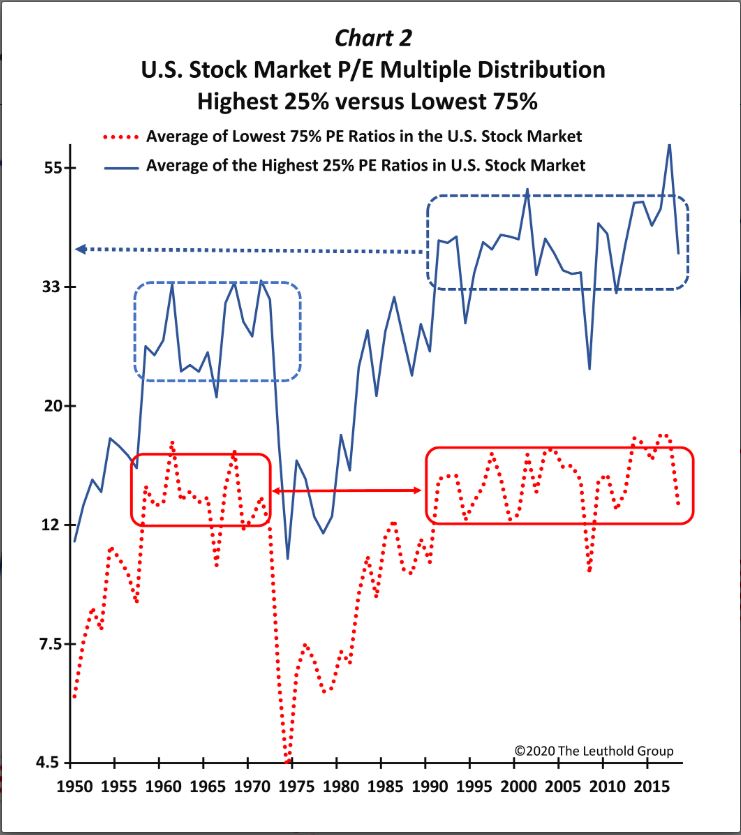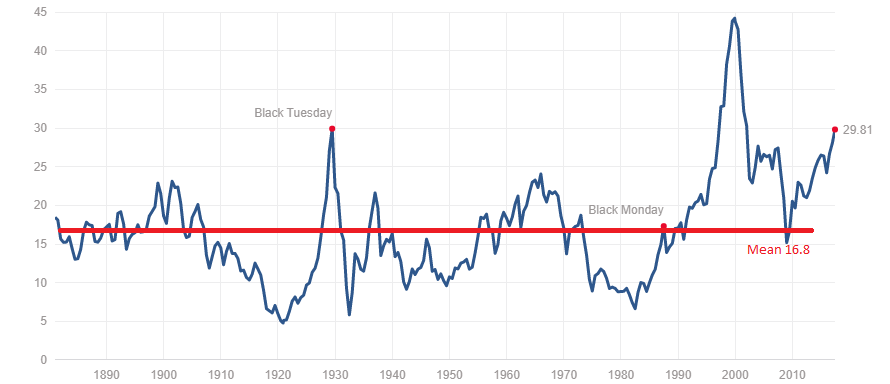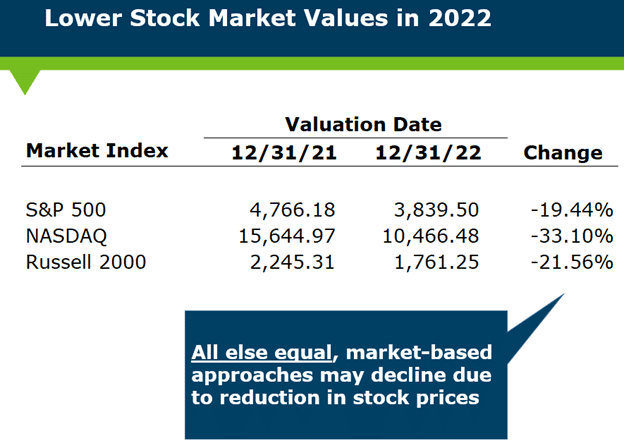The Stark Reality: Ghana's Mental Healthcare System And The Psychiatrist Shortage

Table of Contents
The Scope of the Problem: Mental Illness Prevalence and Burden in Ghana
The prevalence of mental illness in Ghana is substantial, placing a significant burden on individuals, families, and the national economy. Conditions like depression, anxiety disorders, and schizophrenia are prevalent, impacting productivity and overall well-being. The lack of readily available and affordable treatment contributes to the economic burden, with untreated mental illness leading to lost workdays, reduced economic output, and increased healthcare costs related to managing complications. Furthermore, the pervasive stigma surrounding mental illness in Ghana significantly hinders help-seeking behavior, delaying treatment and worsening outcomes.
- Prevalence Rates: Studies indicate a significant prevalence of depression (estimated at 15-20%), anxiety disorders, and schizophrenia in Ghana. Precise figures vary due to limited epidemiological data.
- Economic Consequences: Untreated mental illness results in substantial losses in productivity, with individuals unable to participate fully in the workforce. Healthcare costs associated with managing acute episodes and long-term care are also considerable.
- Cultural Factors and Stigma: Cultural beliefs and misconceptions surrounding mental illness often lead to shame, fear, and reluctance to seek professional help. This stigma prevents many from accessing necessary care and support.
The Critical Shortage of Psychiatrists in Ghana: Causes and Consequences
Ghana currently faces a critical shortage of psychiatrists, with a drastically low psychiatrist-to-population ratio compared to international standards and neighboring countries. This shortage stems from several factors:
- Limited Training Opportunities: The number of training places for psychiatrists is insufficient to meet the country's needs. Lack of funding and resources further restricts training capacity.
- Brain Drain: Many trained psychiatrists emigrate to countries with better working conditions, higher salaries, and more advanced facilities, exacerbating the existing shortage.
- Inadequate Funding for Mental Health Services: Insufficient government funding restricts the expansion of mental healthcare services and limits the recruitment and retention of psychiatrists.
The consequences of this shortage are severe:
- Limited Access to Care: Many Ghanaians with mental health conditions cannot access timely and appropriate treatment.
- Long Waiting Lists: Patients often face extensive delays in receiving care, delaying recovery and worsening outcomes.
- Inadequate Treatment: Limited access to specialized care frequently results in inadequate treatment, leading to increased hospitalizations and prolonged suffering.
- Psychiatrist-to-Population Ratio: The current ratio is significantly below the recommended levels set by international organizations, highlighting the critical nature of the shortage.
Existing Mental Healthcare Infrastructure and its Limitations in Ghana
Ghana's mental healthcare infrastructure comprises a mix of hospitals, clinics, and some community-based services. However, this infrastructure faces significant limitations:
- Lack of Resources: Many facilities lack essential resources, including medication, diagnostic tools, and equipment.
- Inadequate Facilities: Overcrowding and poor physical conditions are common in many mental health facilities, hindering effective treatment.
- Insufficient Staffing: The shortage of psychiatrists is compounded by a lack of other mental health professionals, such as nurses, psychologists, and social workers.
- Geographical Disparities: Access to mental healthcare services is highly uneven, with rural areas and underserved communities experiencing the most significant challenges.
Potential Solutions and Strategies to Address the Psychiatrist Shortage in Ghana
Addressing the psychiatrist shortage in Ghana requires a multi-pronged approach:
- Investment in Training Programs: Significant investment is needed to expand training opportunities for psychiatrists, including scholarships, improved training facilities, and mentorship programs.
- Improve Working Conditions: Attracting and retaining psychiatrists requires improving working conditions, including salaries, benefits, and professional development opportunities.
- Community-Based Mental Health Programs: Expanding access to care through community-based programs, integrating mental health services into primary care, and training community health workers can significantly improve access to care, particularly in rural areas.
- Public Awareness Campaigns: Reducing stigma through public awareness campaigns can encourage help-seeking behavior and promote early intervention.
Conclusion: Addressing the Stark Reality of Ghana's Mental Healthcare System
The Ghana mental health crisis underscored by the severe psychiatrist shortage demands urgent attention. The consequences of limited access to care are far-reaching, affecting individuals, families, and the nation's economic productivity. Addressing this crisis requires a concerted effort from the government, healthcare professionals, and the wider community. We must invest in training programs, improve infrastructure, expand community-based services, and combat the stigma surrounding mental illness. By supporting initiatives aimed at improving Ghana mental health, we can create a future where everyone has access to the mental healthcare they need. Let's work together to improve Ghana mental health and address the psychiatrist shortage in Ghana. Support organizations working to improve mental healthcare access in Ghana – your contribution can make a real difference.

Featured Posts
-
 Fortnite Update 34 30 Release Date Downtime And Sabrina Carpenter Patch Notes
May 03, 2025
Fortnite Update 34 30 Release Date Downtime And Sabrina Carpenter Patch Notes
May 03, 2025 -
 Improved Fortnite Item Shop A New Feature To Enhance Gameplay
May 03, 2025
Improved Fortnite Item Shop A New Feature To Enhance Gameplay
May 03, 2025 -
 Arsenals Champions League Threat Souness Highlights Unbeatable Opposition
May 03, 2025
Arsenals Champions League Threat Souness Highlights Unbeatable Opposition
May 03, 2025 -
 Graeme Sounesss Channel Swim Challenge A Fiery Dedication To Isla
May 03, 2025
Graeme Sounesss Channel Swim Challenge A Fiery Dedication To Isla
May 03, 2025 -
 Energy Policy Overhaul Guido Fawkes On The Revised Direction
May 03, 2025
Energy Policy Overhaul Guido Fawkes On The Revised Direction
May 03, 2025
Latest Posts
-
 Why Elevated Stock Market Valuations Shouldnt Deter Investors Bof A
May 04, 2025
Why Elevated Stock Market Valuations Shouldnt Deter Investors Bof A
May 04, 2025 -
 Stock Market Valuations Bof As Reassurance For Investors
May 04, 2025
Stock Market Valuations Bof As Reassurance For Investors
May 04, 2025 -
 Are High Stock Market Valuations Cause For Concern Bof As Analysis
May 04, 2025
Are High Stock Market Valuations Cause For Concern Bof As Analysis
May 04, 2025 -
 Effective Middle Management Key To Employee Engagement And Business Growth
May 04, 2025
Effective Middle Management Key To Employee Engagement And Business Growth
May 04, 2025 -
 The China Factor Assessing Risks And Opportunities For Automakers Like Bmw And Porsche
May 04, 2025
The China Factor Assessing Risks And Opportunities For Automakers Like Bmw And Porsche
May 04, 2025
